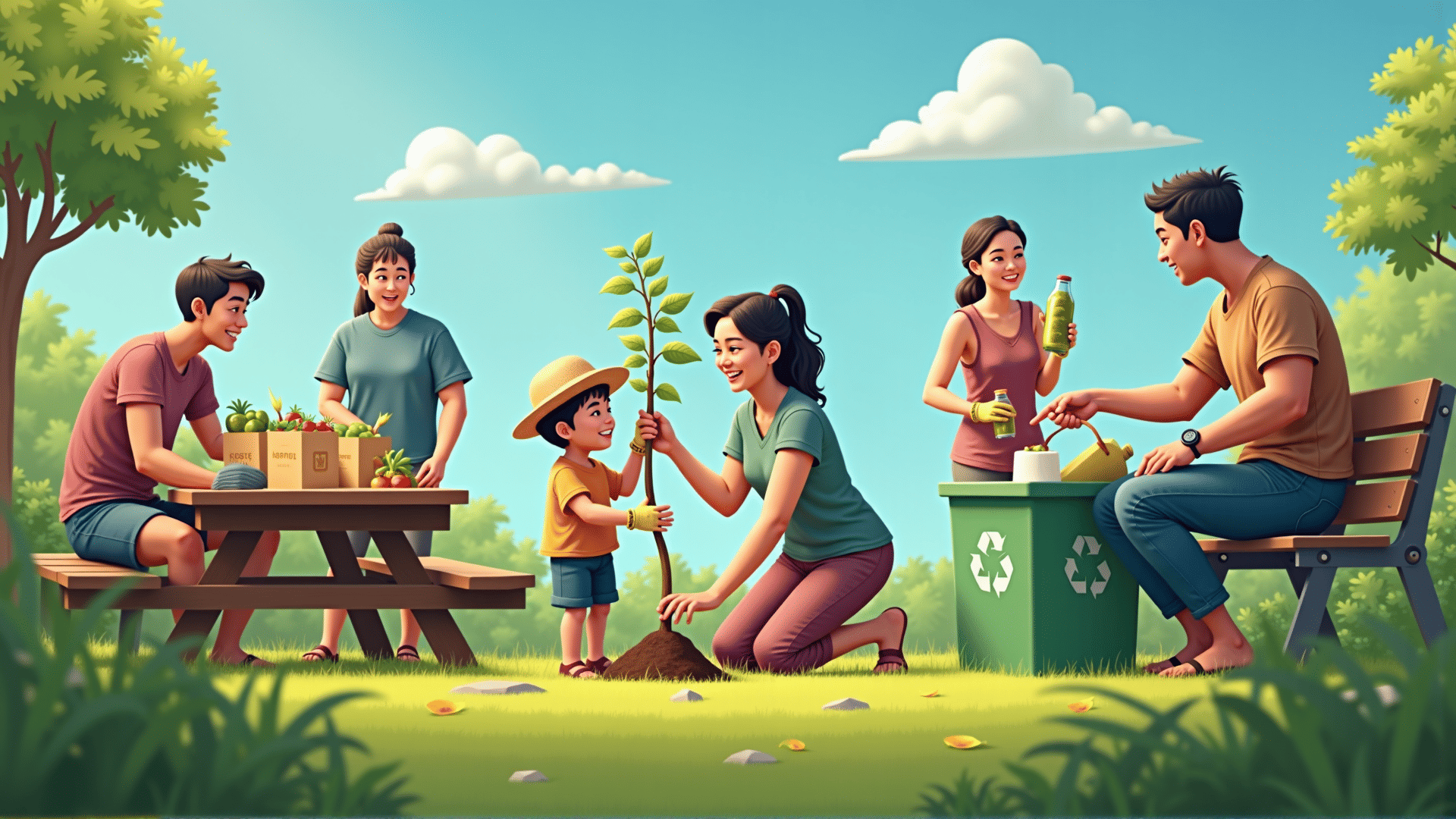In recent years, individuals and communities across the Philippines have embarked on a journey towards more sustainable living by embracing smart consumption habits. This trend is gaining momentum as people become increasingly aware of the urgent need to reduce their environmental impact and preserve natural resources for future generations.
One emerging behavior is the shift towards mindful purchasing. Filipinos are becoming more selective about the products they buy, prioritizing items that are locally sourced, sustainably produced, and packaged responsibly. This not only supports local businesses but also reduces the carbon footprint associated with transportation and unsustainable production practices.
Another approach gaining popularity is the practice of reducing waste through conscious consumption. Many communities are implementing strategies such as using reusable containers and bags, recycling, and composting, to minimize waste. By doing so, they not only decrease the amount of waste sent to landfills but also enhance soil health and promote local agriculture.
Water conservation has also become a focal point for many Filipinos. Simple actions such as fixing leaks, using water-efficient appliances, and collecting rainwater for non-potable uses are making a significant impact on water preservation. Educational campaigns are helping to raise awareness about the vital importance of conserving water and adopting efficient usage practices.
Energy efficiency is yet another area where smart consumption is making a difference. The adoption of solar panels, energy-efficient appliances, and LED lighting is on the rise, leading to a significant reduction in electricity usage. Communities and individuals are sharing knowledge and resources to enhance energy savings further and reduce reliance on non-renewable energy sources.
In urban areas, the trend towards using public transportation, biking, and walking instead of personal vehicles is helping to decrease air pollution and traffic congestion. Initiatives like carpooling and telecommuting are also contributing to reduced emissions and fostering a culture of shared responsibility for the environment.
Education and community engagement are essential components of this transformative movement. Workshops, seminars, and social media campaigns are spreading awareness and inspiring action across different demographics. These efforts are empowering people to adopt and advocate for practices that benefit the environment and promote well-being.
As the Philippines continues to face environmental challenges, the nationwide shift towards smart consumption habits is proving to be a powerful tool in the collective quest for sustainability. By integrating these habits into everyday life, people are fostering a healthier planet and a brighter future for generations to come.
